You HVAC guys might enjoy this
jharrell
16 years ago
Related Stories

WORKING WITH PROS3 Reasons You Might Want a Designer's Help
See how a designer can turn your decorating and remodeling visions into reality, and how to collaborate best for a positive experience
Full Story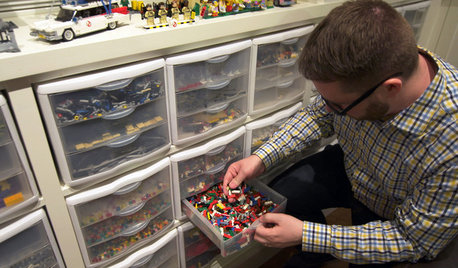
BASEMENTSHouzz TV: This Guy’s Giant Lego Collection Proves Everything Is Awesome
You may have seen our story about this architect’s Lego-filled basement. Now watch the video to see just how he organizes all 250,000 pieces
Full Story
HOUSEKEEPING20 Things You Might Be Forgetting to Spring-Clean
Clean these often-neglected areas and your house will look and feel better
Full Story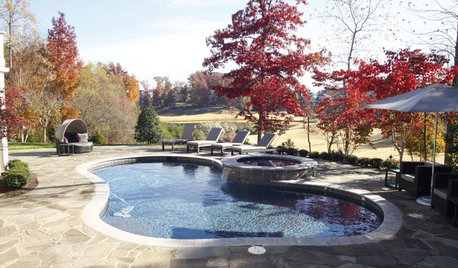
GARDENING AND LANDSCAPINGEnjoy Your Pool Long Past Labor Day
Don't give your pool and patio the cold shoulder just because the air is chillier. New accessories can help foster a warm relationship
Full Story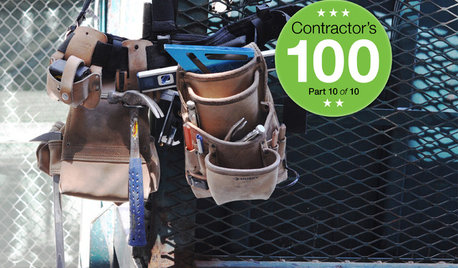
REMODELING GUIDESContractor's Tips: 10 Things Your Contractor Might Not Tell You
Climbing through your closets and fielding design issues galore, your contractor might stay mum. Here's what you're missing
Full Story
FUN HOUZZGuessing Game: What Might Our Living Rooms Say About Us?
Take a shot on your own or go straight to just-for-fun speculations about whose homes these could be
Full Story
REMODELING GUIDESWhy Marble Might Be Wrong for Your Bathroom
You love its beauty and instant high-quality appeal, but bathroom marble has its drawbacks. Here's what to know before you buy
Full Story
GREEN BUILDINGWhy You Might Want to Build a House of Straw
Straw bales are cheap, easy to find and DIY-friendly. Get the basics on building with this renewable, ecofriendly material
Full Story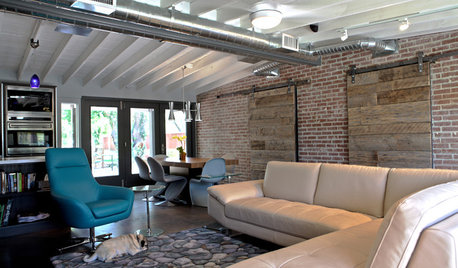
ARCHITECTUREHVAC Exposed! 20 Ideas for Daring Ductwork
Raise the roof with revealed ducts that let it all hang out — and open a world of new design possibilities
Full Story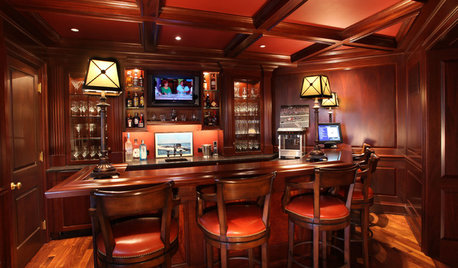
ENTERTAININGHome Bars Tap Into Guy-Friendly Style
Belly up to rich wood, sports memorabilia and plenty of beer — pub spaces are letting guys run wild without leaving home
Full Story



bob_brown
baymee
Related Discussions
Trane vs Infiniti. Decision for a new HVAC
Q
Help Mom w/HVAC
Q
mix match compressor blower 4 hvac 'pros' later still broken help
Q
Trane HVAC Install Advice Appreciated!!
Q
kframe19
zl700
jharrellOriginal Author
dadoes
aemeeich_
bob_brown
dadoes
pyropaul
zl700
daft_punk
pyropaul
jharrellOriginal Author
dadoes
zl700
pyropaul
jharrellOriginal Author
jharrellOriginal Author
zl700
saltcedar
ky114
jharrellOriginal Author
dallasbill
zl700
jharrellOriginal Author
zl700
saltcedar
ky114
garyg
saltcedar
DNT1
jharrellOriginal Author
jharrellOriginal Author
bikesr2tired
zl700
bikesr2tired
jharrellOriginal Author